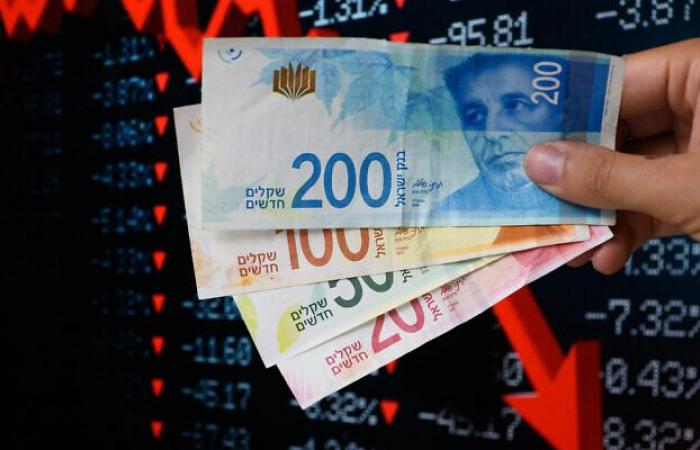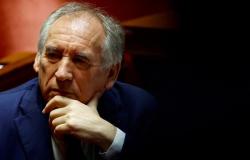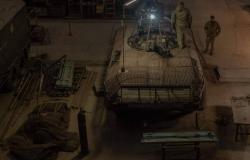Israel faces an unprecedented economic and social crisis
Israel in 2025: a year marked by economic and social challenges
The year 2025 begins with a bleak economic outlook for Israeli families. A combination of tax increases, wage stagnation and price increases will weigh heavily on daily life, forcing households to reorganize their budgets. According to estimates, each family could lose between 8,000 and 12,000 shekels per year, a blow that will particularly hit the most vulnerable.
A wave of restrictive economic measures
Starting January 1, a series of economic decrees will take effect, increasing spending while limiting income. Among these measures:
Increase in VAT to 18%, which will affect all goods and services, leading to additional expenses for all households.
Increase in the cost of essential services: electricity will increase by 3%, water by 2%, while property taxes could increase by up to 5.29%.
Impact on public transport: Each trip will cost 2 shekels more, increasing travel costs for millions of citizens.
At the same time, freezes affect tax adjustments and salary increases, preventing citizens from compensating for these increases in the cost of living. Families will thus have to manage an annual shortfall estimated at several thousand shekels.
Constantly expanding private debt
The Bank of Israel reports that total household and business debt reached NIS 2.2 trillion at the end of 2024, marking a 5% increase over the year. This over-indebtedness reflects the efforts of Israelis to maintain their standard of living in the face of galloping inflation and ever-increasing costs.
A war effort that weighs on the economy
One of the main causes of this tense economic situation is the financing of an intensive military effort on several fronts. Citizens are forced to “tighten their belts” to support the survival of the country. But this reality raises tensions: until when will the country be able to support such a financial burden?
The return to austerity advocated by some
In this context, figures like Itzhak Cohen, a religious Zionist, defend a radical paradigm shift. In his book War Diary, Cohen calls for all-out war against Israel's enemies, even if it means a return to a Spartan way of life.
According to him, only religious Jews, accustomed to a life of austerity, can survive such a period of crisis. It describes a future where “modern comforts and the illusions of the 21st century” give way to daily sacrifices to guarantee national security.
Internal divisions and social divide
This vision, although extreme, reflects a growing divide between religious people, often seen as more resilient in the face of deprivation, and secularists, who fear losing the gains of recent decades. Radical speeches like Cohen's resonate in certain circles, but they worry a majority of Israelis who fear a future marked by deep internal divisions.
A decisive year for Israel
The year 2025 promises to be a pivotal year. Israel faces unprecedented economic, military and social challenges. As the government coalition and opposition struggle to offer viable alternatives, citizens are preparing to navigate a period of uncertainty and sacrifice.
Despite the challenges, a feeling persists: that of a collective resilience that could allow Israel to overcome this crisis and build a more stable and equitable future.
Jforum.fr
 |
I like this:
I like loading…
The JForum editorial team will automatically remove any anti-Semitic, racist, defamatory or insulting comment, or which contravenes Jewish morality.
- -







